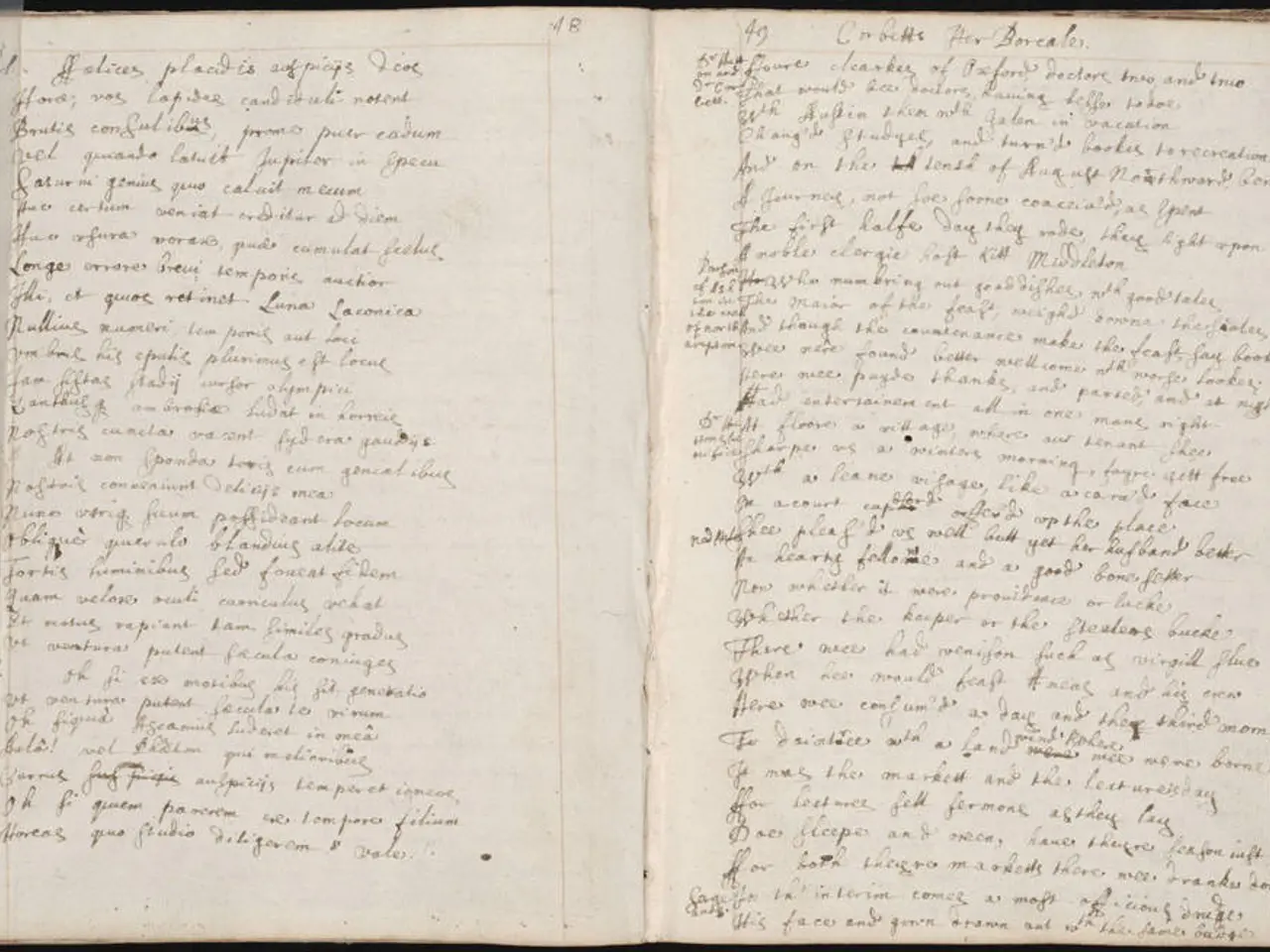Significant Foundational Elements
The Charter Act of 1793 marked a significant milestone in the governance of British India, extending the East India Company's charter for another 20 years and confirming its commercial and administrative presence in the subcontinent.
The Act made important administrative reforms, such as excluding the Commander-in-Chief of the army from the Governor-General's Council, separating military from civil authority. It also granted authority to issue licenses to individuals and company employees to carry on trade in India.
The Charter Act of 1793 reinforced Cornwallis’s Code, which separated revenue collection from civil justice and established a hierarchy of courts under British judicial administration. This legal-administrative system was further strengthened, reinforcing the rule of law and legal jurisdiction over Europeans and Indians alike.
The Act continued the consolidation of British administrative control, delaying any major reforms pushing towards centralization or Indian participation. However, it was a crucial step in prolonging British East India Company’s control and administrative authority in India while reforming governance structures to separate military and civil powers and regulate trade rights.
Prior to the Charter Act of 1793, the Regulating Act of 1773 had already recognized the political and administrative functions of the East India Company. The Act established a Supreme Court in Calcutta with a Chief Justice and three judges. It also established the Governor of Bengal as the 'Governor-General of Bengal' and subordinated the governors of Bombay and Madras to him. The Regulating Act of 1773 also restricted company servants from engaging in private trade.
Later, the Pitt's India Act of 1784 established a dual government with the Court of Directors managing commercial affairs and the Board of Control managing political affairs. The Charter Act of 1813 abolished the East India Company's trade monopoly in India except for tea trade and trade with China.
Finally, the Indian Councils Act, 1892, increased the number of non-official members in legislative councils and empowered them to discuss budgets but not propose resolutions. These subsequent acts further shaped British governance in India, eventually leading to greater Indian participation and eventual independence.
The Charter Act of 1793, a governmental shift, strengthened the British East India Company's civil authority and jurisdiction, marking a significant step in India's polity and politics landscape. The Act's reforms included separating military from civil powers, reinforcing the rule of law, and regulating trade rights, which appeared as general news topics in the subsequent years.







